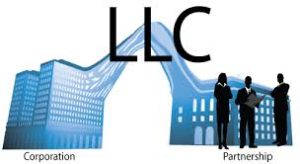In retirement, we will likely encounter critical financial challenges: rising interest rates, continued stock market fluctuations, and rising tax rates. All of these are manageable with proper planning, strategies, and tactics. We present answers to these challenges in ways that you won’t often hear from other advisors.

Think investing in bonds is the ultimate safety? Think again. Bonds can certainly be used as part of your
retirement investments. However, not all bonds are the same. Also, there is a risk that bonds lose value
if interest rates rise. We must understand that we have had declining interest rates for several decades,
which is a fantastic environment to own bonds. Now, we must deal with the likelihood of interest rates
rising over time and bonds potentially losing value.
What about stocks? Can we use them for retirement investments even if they fluctuate in value a lot? Absolutely! But let’s use them wisely. You can own stocks, but also have protection in case stocks have a big decline. How? Use stock options. Stock options can provide protection and reduce volatility in your investment account if used properly. Stock options can also provide additional income in an investment account without taking any additional risk. They are a great tool to have as part of the overall investment account management!
Where are tax rates headed? Unfortunately, for many people, tax rates overall will be higher in the future than they are now. However, that doesn’t necessarily have your story. You can start moving money to a Roth IRA, potentially paying lower taxes now versus later. This will not work in every situation. But we often find a window of opportunity where conversions to a Roth IRA make sense and can often make a huge difference in your long-term retirement results.
In conclusion, retirement planning involves managing many different types of risk. Many are out of our control. But there are some key areas that we can manage well and mitigate the risk. Managing the risks of higher interest rates, stock market volatility, and higher tax rates is critical to ensuring a positive outcome in retirement.








